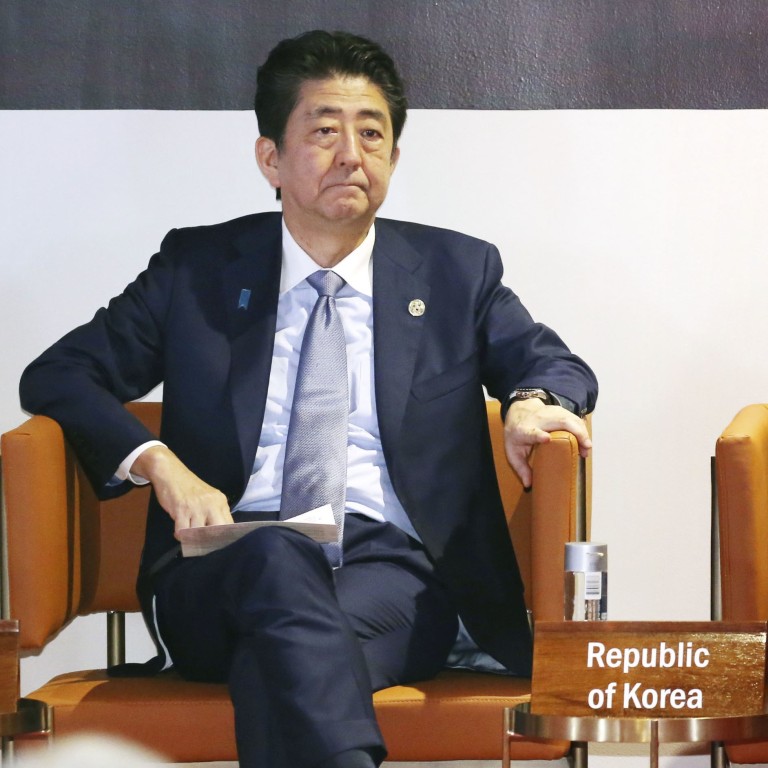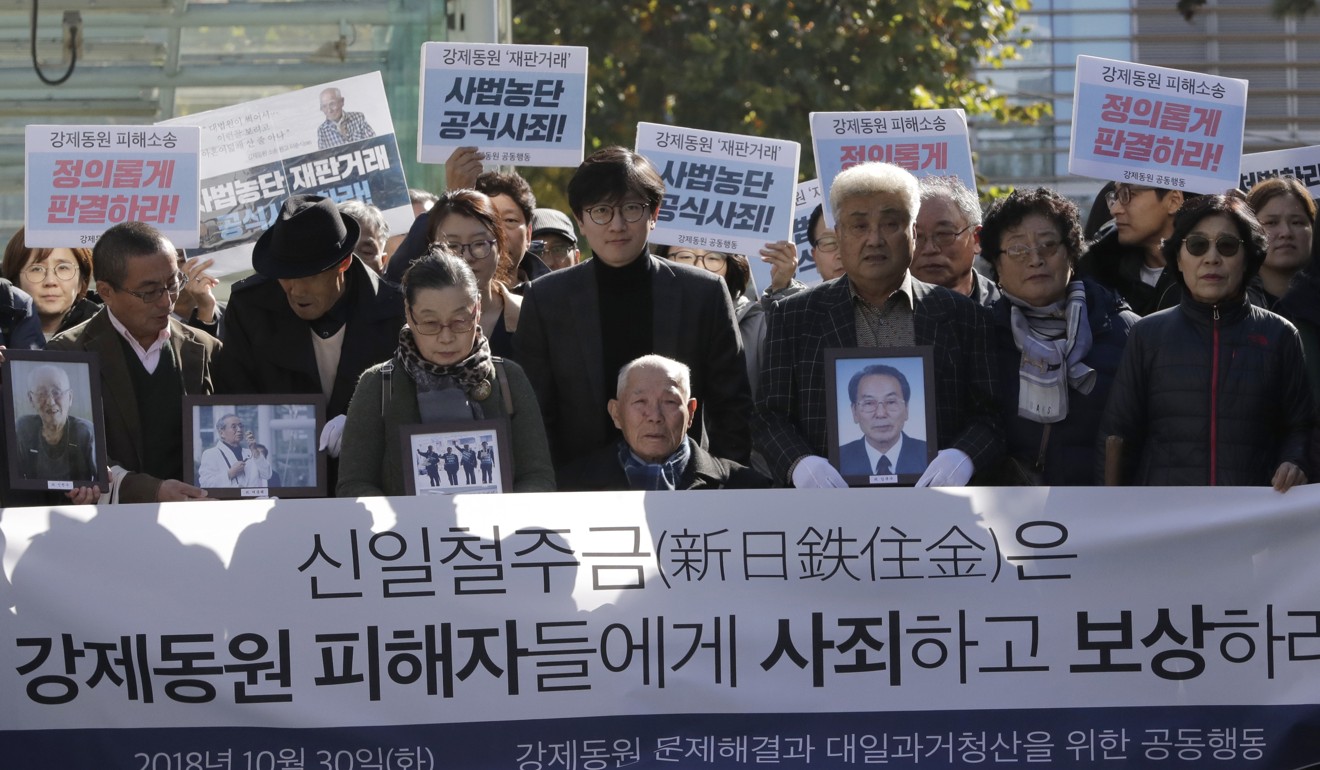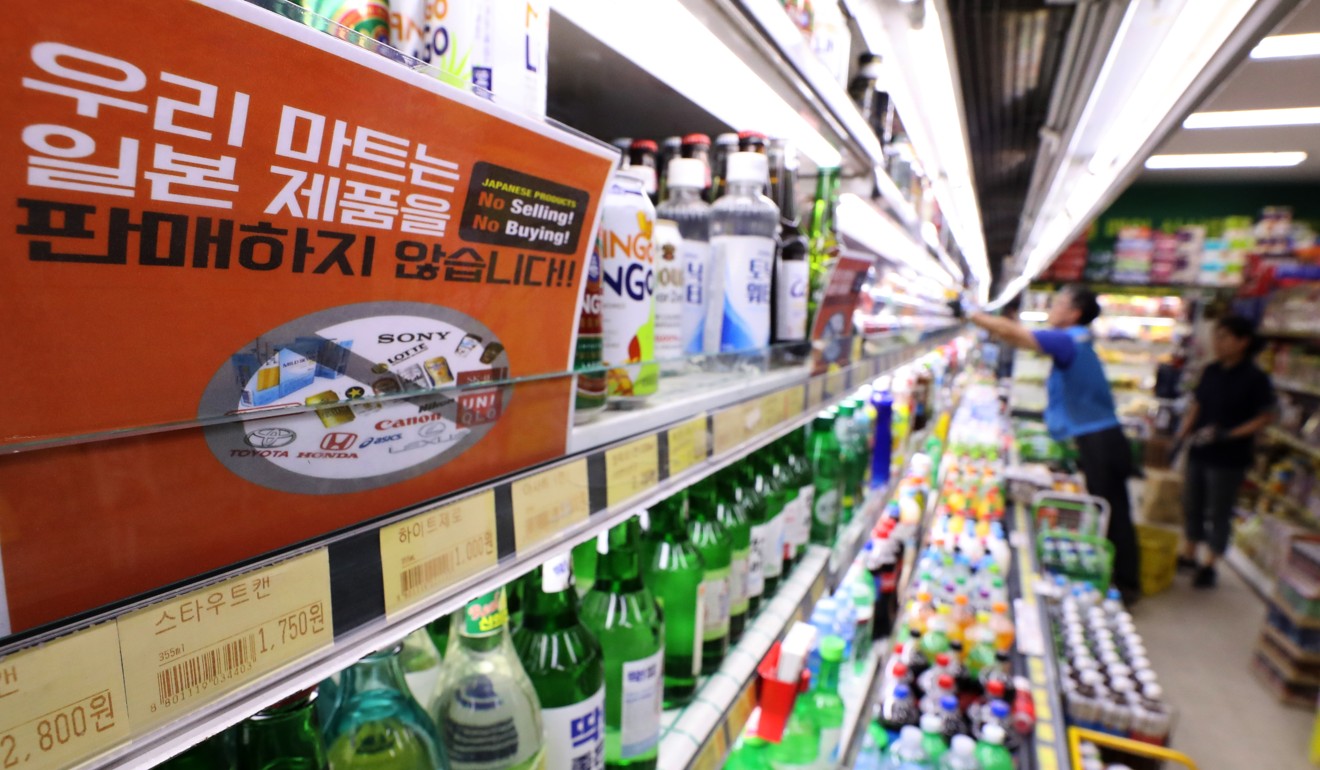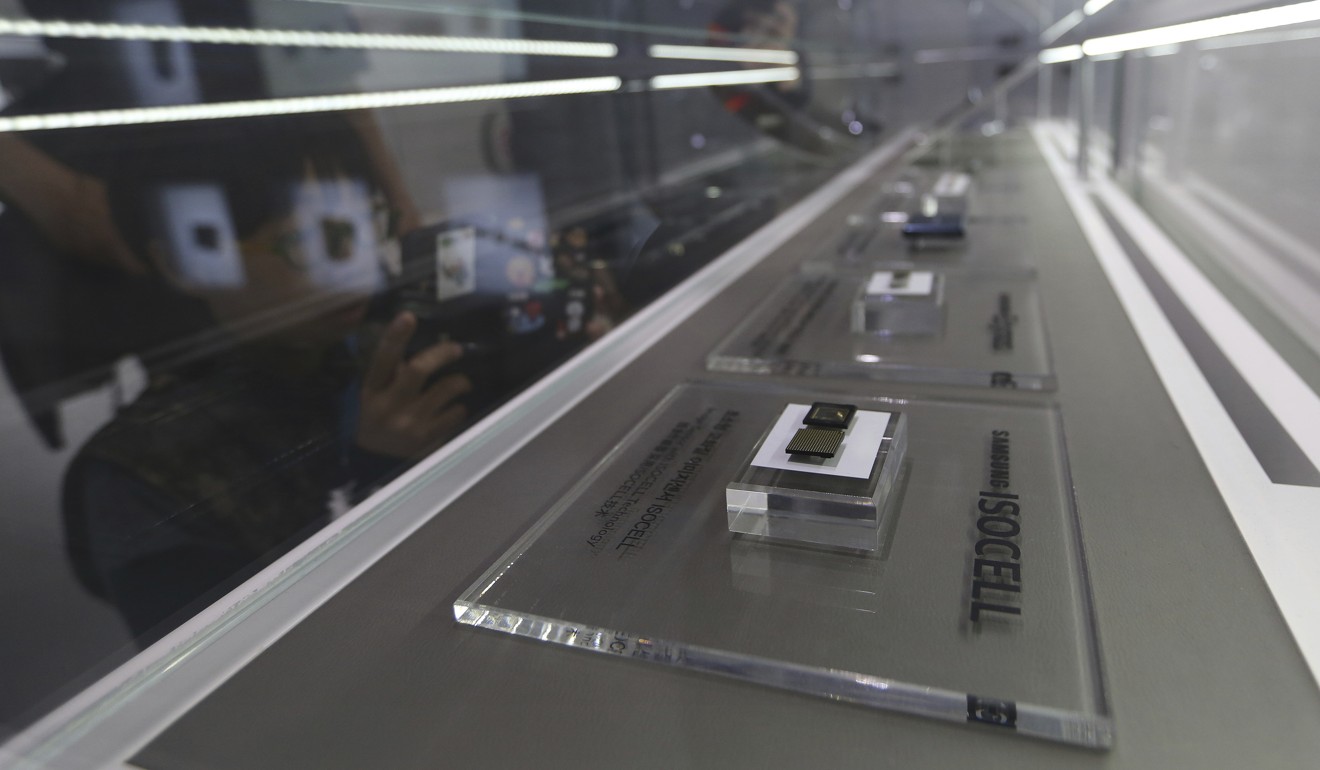
North Korea is the only winner when South Korea and Japan spar over historical issues
- A court case triggered the latest row between the East Asian democracies, but decades of animosity have contributed
- The two sides should remember all that unites them, however, and that an escalating dispute means neither wins
The Japanese clearly think they have the South Koreans where it hurts, banning the export of key chemical ingredients for semiconductors manufactured by Korean electronics giants led by Samsung.
But obviously there’s much more behind the Japanese export ban.

The individual sums ordered by Korean courts are small change, less than US$100,000 each, for these behemoths, but the Japanese go back to the agreement reached with South Korea’s dictatorial president, Park Chung-hee, in 1965, under which the Republic of Korea and Japan formed diplomatic relations.
A critical element of the deal was that the nation, whose 35 years of rule over Korea had only ended with its defeat 20 years earlier, agreed to extend grants and loans totaling US$800 million, worth about US$6.4 billion today, which seemed like a pretty hefty sum at the time.
US rejection of China has its roots in Japan a century ago
As far as the Japanese are concerned, a deal was a deal. No way, they say, can the Koreans go back on what was signed and sealed in writing even if the president at the time was a tyrant who viewed the demands of victims of Japanese rule as distinctly secondary, if not irrelevant.
No telling, say the Japanese, what the Korean courts will do next. Expropriating Japanese investment, taking over Japanese assets – all such options seem possible under Korean policy buttressed by court decisions.

If those concerns seem understandable, they also reflect the depth of a distinct sense of superiority among Japanese who see their economy, their own rise from terrible defeat, and their record as a one-time imperial power, as justification for demonstrating the righteousness of their position.
Beyond placing restraints on vital exports needed for Korean-made semiconductors, a product on which the Korean economy relies for much of its success, the Japanese hint darkly at much more they might do to show who’s boss. What, they ask, about constraints on exports of hi-tech supplies needed for the machines with which Korean factories spin out heavy-duty exports, ranging from motor vehicles to ships?

The trade war heats up but Trump has a friend in Japan, for now
What about Russia, whose President Vladimir Putin is eager to improve relations with South as well as North Korea? Or how about Taiwan, the capitalist island enclave that remains aloof and apart from the Chinese mainland despite Beijing’s incessant claims and threats?
Japan and Korea, however, really do need each other. Over nearly 80 years since the Japanese surrender, 66 years since the end of the Korean war, they’ve built up a network of ties – industrial, financial, cultural – that go far beyond current differences. Both will suffer from the current impasse.
There’s no telling where or how this dispute will end, but the only beneficiary will be North Korea, which loves to see Japan and South Korea at odds while drawing South Korea from its alliance with the US.
Donald Kirk is the author of three books and numerous articles on Korea

